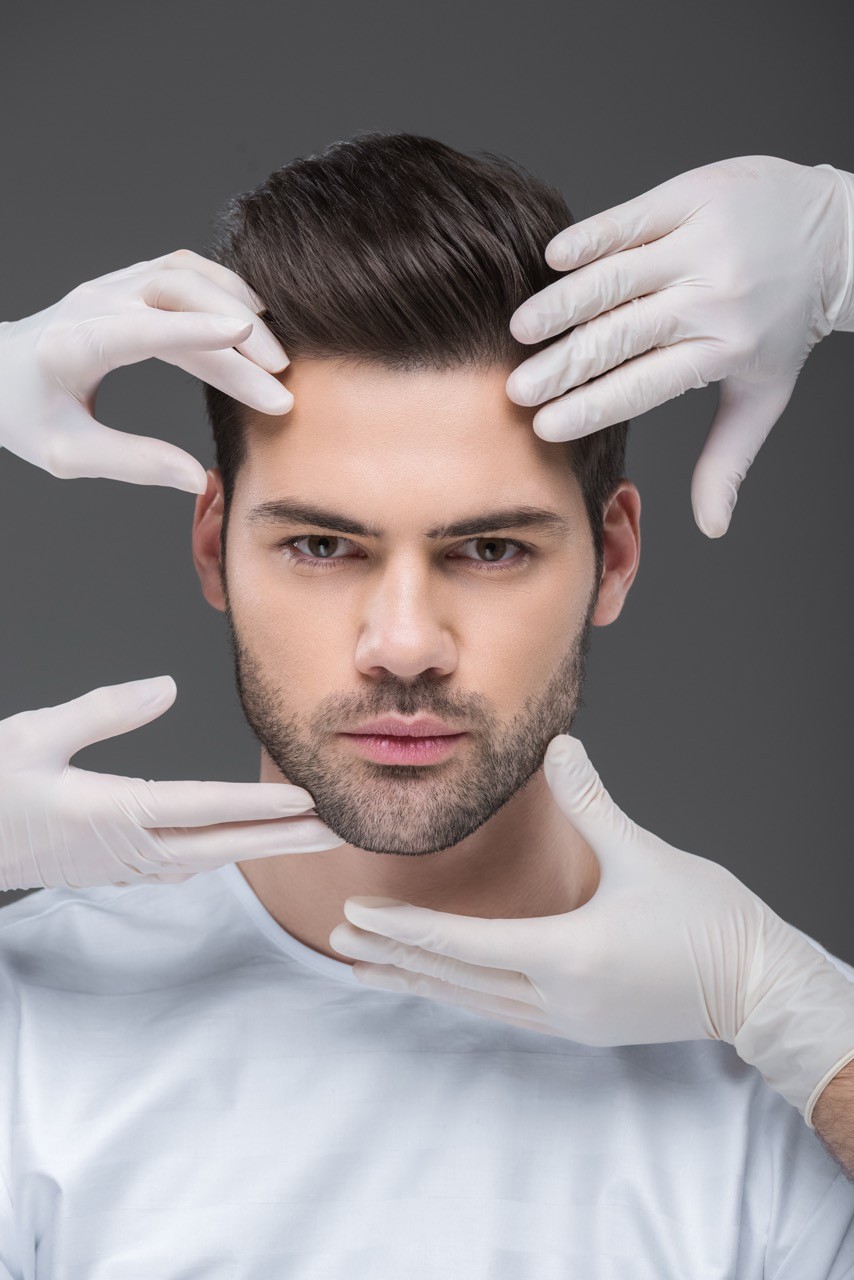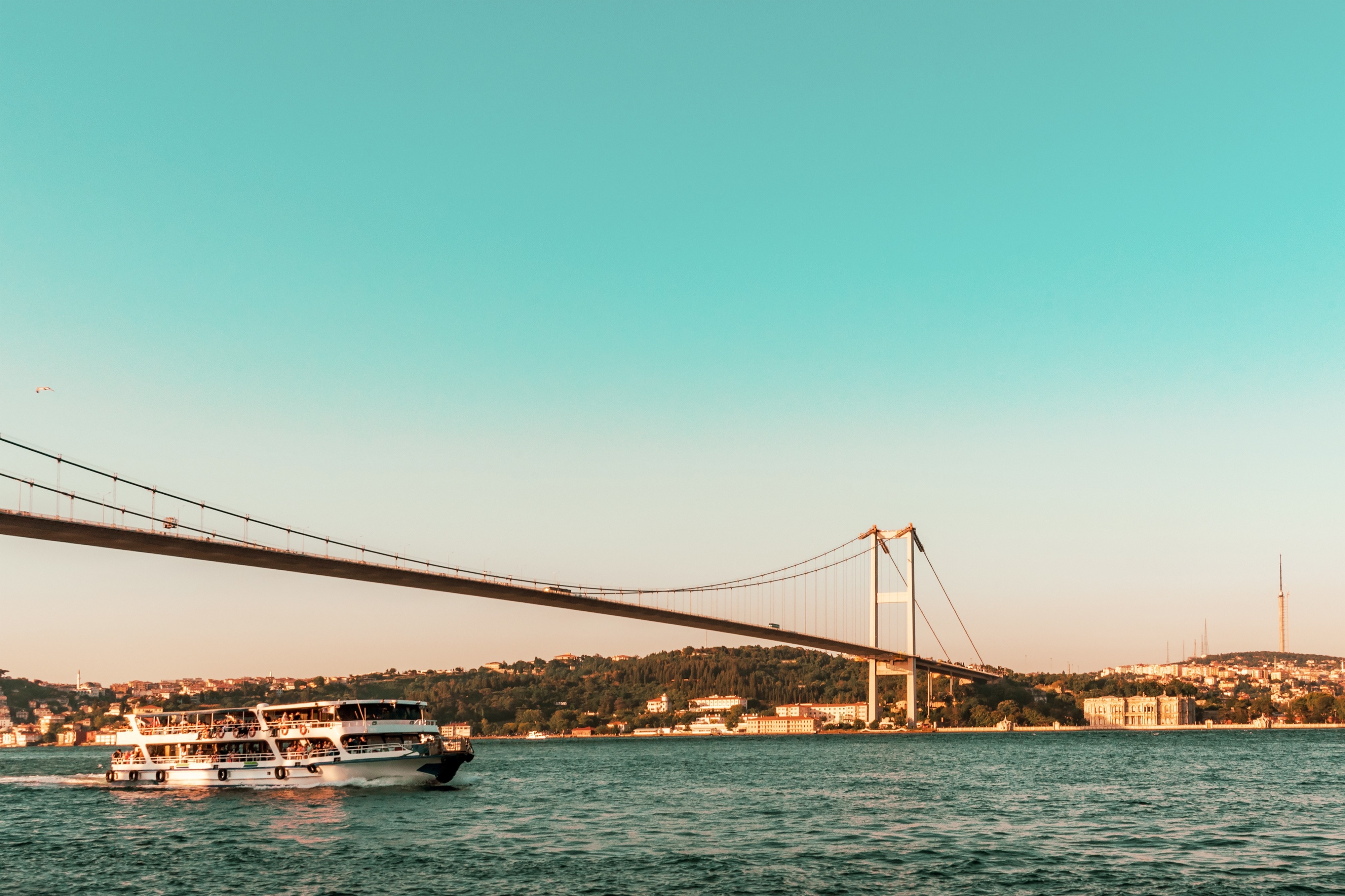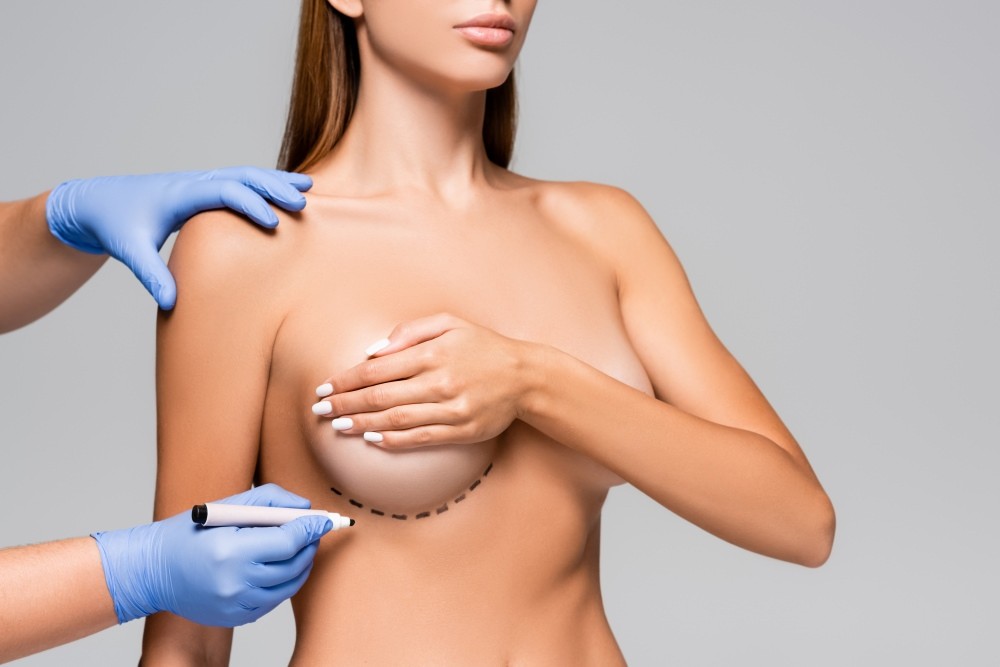Hair & Beard Transplant in Istanbul, Turkey
Hair & Beard Transplant Procedure in Turkey: What You Need to Know
Hair transplant surgery is a highly effective solution for those suffering from hair loss, and Turkey has become a global leader in this field. The procedure itself is relatively straightforward but requires a skilled surgeon to achieve natural-looking results. Here’s a closer look at what to expect during the procedure, from the initial consultation to the final stages of recovery.
Step-by-Step Overview of the Hair & Beard Transplant Procedure in Turkey
1. Initial Consultation
Before the procedure, you’ll have a thorough consultation with your surgeon in Turkey. This is an essential step to assess your hair loss pattern, determine the best course of action, and discuss your goals. The surgeon will evaluate:
The donor area (where hair follicles will be taken from)
The recipient area (where the hair will be implanted)
The number of grafts needed to achieve the desired results
During the consultation, the surgeon will also review your medical history to ensure you are a good candidate for the procedure.
2. Preparation on the Day of Surgery in Turkey
On the day of the procedure, you’ll arrive at the clinic in Turkey, where you will:
Be given a local anesthetic to numb the scalp. This ensures the procedure is pain-free.
The donor and recipient areas will be cleaned and prepared for the surgery.
Your hair will be trimmed or shaved, depending on the technique being used.
3. Extraction of Hair Follicles
There are two primary methods for extracting hair follicles:
Follicular Unit Extraction (FUE):
This is the most common technique used today. In FUE, individual hair follicles are extracted one by one from the donor area (typically the back or sides of the scalp).
The surgeon uses a tiny, specialised instrument to remove these follicles with minimal scarring.
This method is less invasive, with a quicker recovery time and virtually no visible scarring.
Direct Hair Implantation (DHI):
This technique is a variation of FUE, where follicles are implanted directly into the recipient area using a special pen-like device.
DHI is a more precise technique that eliminates the need for incisions, resulting in faster healing and reduced trauma to the scalp.
4. Hair Follicle Implantation
After the hair follicles are extracted, the next step is implantation into the recipient area.
The surgeon creates tiny incisions or slits where the follicles will be placed. These incisions are carefully positioned to ensure that the hair grows in a natural direction, mimicking the natural hairline.
The follicles are then carefully implanted into these incisions, taking care to ensure the correct angle, density, and placement for a natural look.
In DHI, the hair follicles are inserted directly into the scalp without the need for incisions, using a specially designed tool.
5. Post-Surgery Care and Recovery in Turkey
After the procedure is complete, the following steps are typically involved:
Immediate Recovery:
You will spend a few hours in the clinic resting after the surgery.
Most patients experience mild discomfort, such as swelling or slight pain, which can be managed with prescribed medications.
Your surgeon will provide detailed aftercare instructions, including how to care for your scalp in the days following surgery.
Bandaging and Dressings:
The scalp may be bandaged to protect the newly transplanted hair follicles. The bandages will usually be removed the day after surgery.
Hair Washing:
You’ll be instructed on how to gently wash your hair after the first few days, avoiding any trauma to the transplant site.
The surgeon will also give you specific guidance on when it’s safe to resume normal activities, like exercising or wearing hats.
4. Why the Procedure in Turkey Is So Effective
Turkey’s reputation as the top destination for hair transplants is a result of its combination of advanced techniques, highly skilled surgeons, and affordable pricing. Turkish clinics offer a personalised approach to each patient, ensuring that the procedure is tailored to their specific needs and goals.
In addition to world-class medical care, Turkey’s experienced surgeons and high-quality aftercare ensure that patients enjoy not only exceptional results but also a smooth and comfortable journey from start to finish.
Undergoing cosmetic surgery in Turkey offers significant cost savings without compromising quality. Patients can expect to pay 50% to 80% less compared to prices in Australia and New Zealand, even after factoring in travel and accommodation costs. This affordability makes Turkey an attractive option for those seeking to enhance their appearance without breaking the bank.





